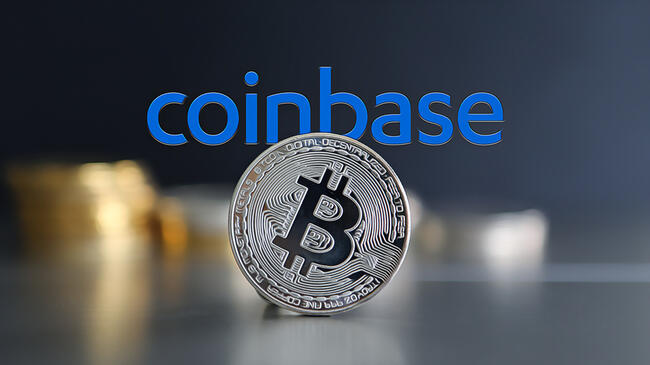In the ever-evolving world of Bitcoin, there’s an interesting trend happening right now—private Bitcoin transactions, especially those using a process called CoinJoin, have surged by 3X since 2022. So, why is this important, and why should you care? Let’s break it down.
What’s CoinJoin? CoinJoin is a method used to make Bitcoin transactions more private. Think of it like mixing several people’s transactions together in a pot, so it’s hard to tell who owns which transaction. This is becoming increasingly popular, especially among Bitcoin whales—those large investors who hold massive amounts of Bitcoin.
Why is it Happening Now? According to Ki Young Ju, the CEO of CryptoQuant, this rise in private transactions is mainly driven by three things:
- Bitcoin ETFs (Exchange-Traded Funds): These are investment vehicles that allow people to invest in Bitcoin without actually holding the cryptocurrency. As more institutional investors jump into the game, Bitcoin whales are using CoinJoin to move their funds privately, especially to new buyers.
- MicroStrategy: This business has been one of the biggest Bitcoin accumulators. The company has a significant amount of Bitcoin, and as they continue to buy, they’re likely using privacy tools like CoinJoin to keep their moves discreet.
- Whales Moving Funds: These whales—huge Bitcoin holders—are using CoinJoin to transfer large sums to new institutional investors. They do this to keep their transactions private and avoid alerting the market to their moves.
The Privacy Debate Now, CoinJoin has faced some controversy. Some people worry that it’s used for illicit activities, like money laundering. But Ki Young Ju is quick to dismiss that idea. According to a report by Chainalysis, only 0.5% of Bitcoin’s total transactions in 2024 were related to stolen funds or criminal activity. So, it’s not really about criminals—it’s about privacy, especially for those with a lot of Bitcoin at stake.
The Big Question: Who Are the Whales? One of the most intriguing parts of this is the mystery surrounding the whales themselves. Young Ju suggests that some of these whales have accumulated up to 420,000 Bitcoin—worth over $40 billion. The big question: Who are these whales? Some speculate that they could be nation-states, building secret Bitcoin reserves. For example, Russia recently passed laws allowing foreign trade in Bitcoin and other cryptocurrencies. Could they be secretly stockpiling Bitcoin?
What Does This Mean for You? The rise of CoinJoin and private Bitcoin transactions signals a shift in how Bitcoin is being used. It’s no longer just for individual investors or small players—institutional money and large holders are getting more involved, and they want to keep their activities private. If you’re into Bitcoin or cryptocurrencies, this is a big deal for several reasons:
- Privacy Matters: As institutional investors and countries start using privacy features, it’s clear that privacy in Bitcoin is not just a niche interest but a critical feature for the future.
- The Growth of Bitcoin ETFs: Bitcoin ETFs are a big deal because they make Bitcoin accessible to a whole new level of investors, from regular people to large institutions.
- Emerging Regulations: Governments are starting to take notice of privacy features like CoinJoin, which could lead to stricter regulations or crackdowns. This could impact the way you use Bitcoin, so understanding these trends is key.
In short, CoinJoin transactions aren’t just about privacy; they reflect a bigger shift in the cryptocurrency market toward institutional involvement and greater privacy protection. Keeping an eye on these developments will help you stay ahead in the fast-moving world of Bitcoin.



